Trump’s Poland drones response alarms NATO allies. They question US defense commitments —Reuters
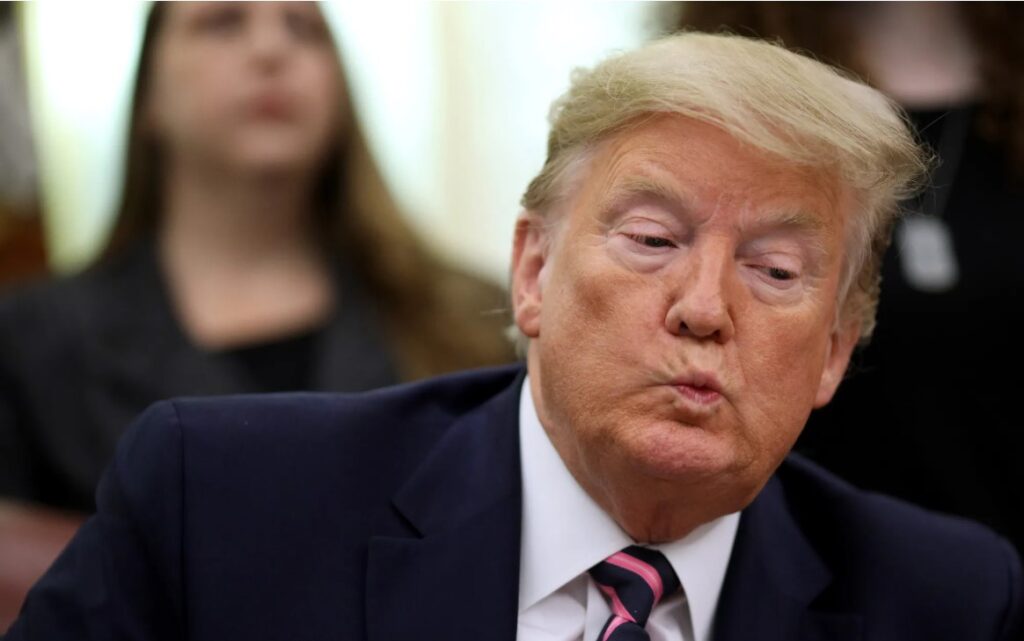
President Donald Trump’s restrained reaction to Russian drones violating Polish airspace this week has triggered anxiety among European allies who question his commitment to NATO defense obligations, according to Reuters.
The incident occurred on 10 September when 19 Russian drones, many flying from Belarus, crossed into Poland during attacks on Ukraine, prompting NATO members to fire on Russian targets for the first time since the full-scale war began.
Poland, using Polish F-16s, Dutch F-35s, and Italian AWACS, shot down at least four drones that had entered its airspace.
Czech Prime Minister Petr Fiala characterized the incident as Putin’s regime “systematically probing how far it can go,” though Russia and Belarus denied responsibility for the airspace violations.
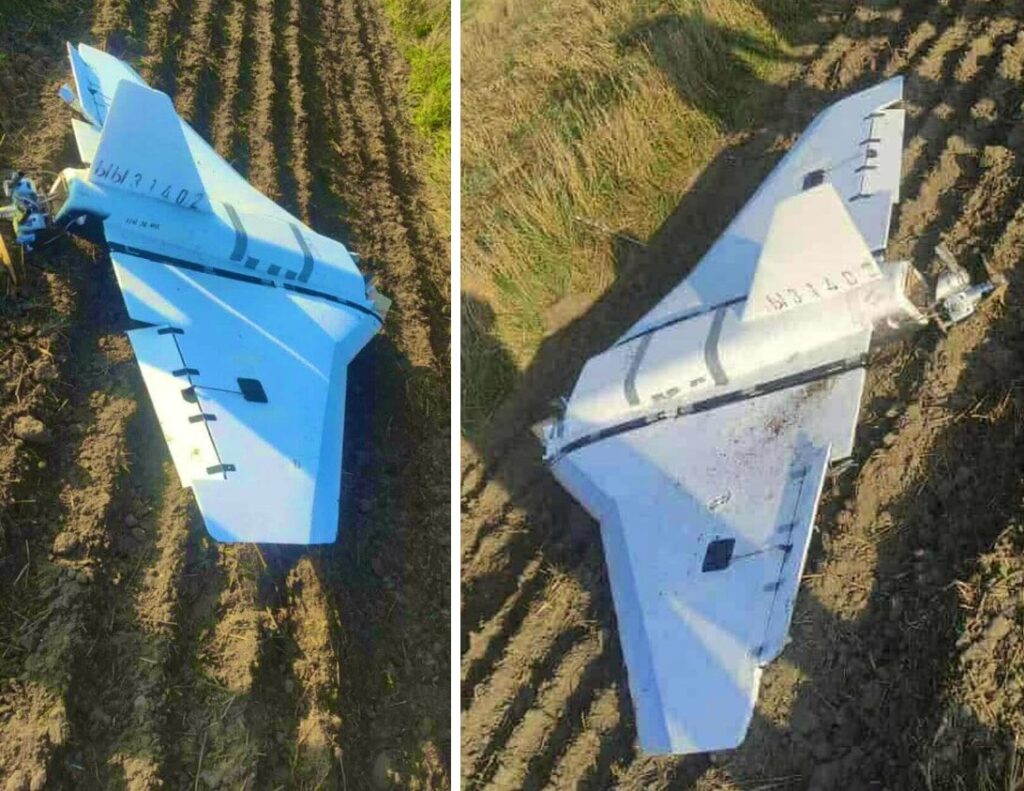
Trump’s response
Trump’s initial reaction came through a cryptic post on his Truth Social platform: “What’s with Russia violating Poland’s airspace with drones? Here we go!”
When pressed by reporters the following day about the Russian drone incursion, Trump suggested “it could have been a mistake.”
However, Polish Prime Minister Donald Tusk rejected this notion, flatly contradicting the assessment that drones could have entered Poland in error.
Poland activated Article 4 of NATO’s treaty following the incident, under which alliance members can demand consultations when a member’s territorial integrity or security is threatened.
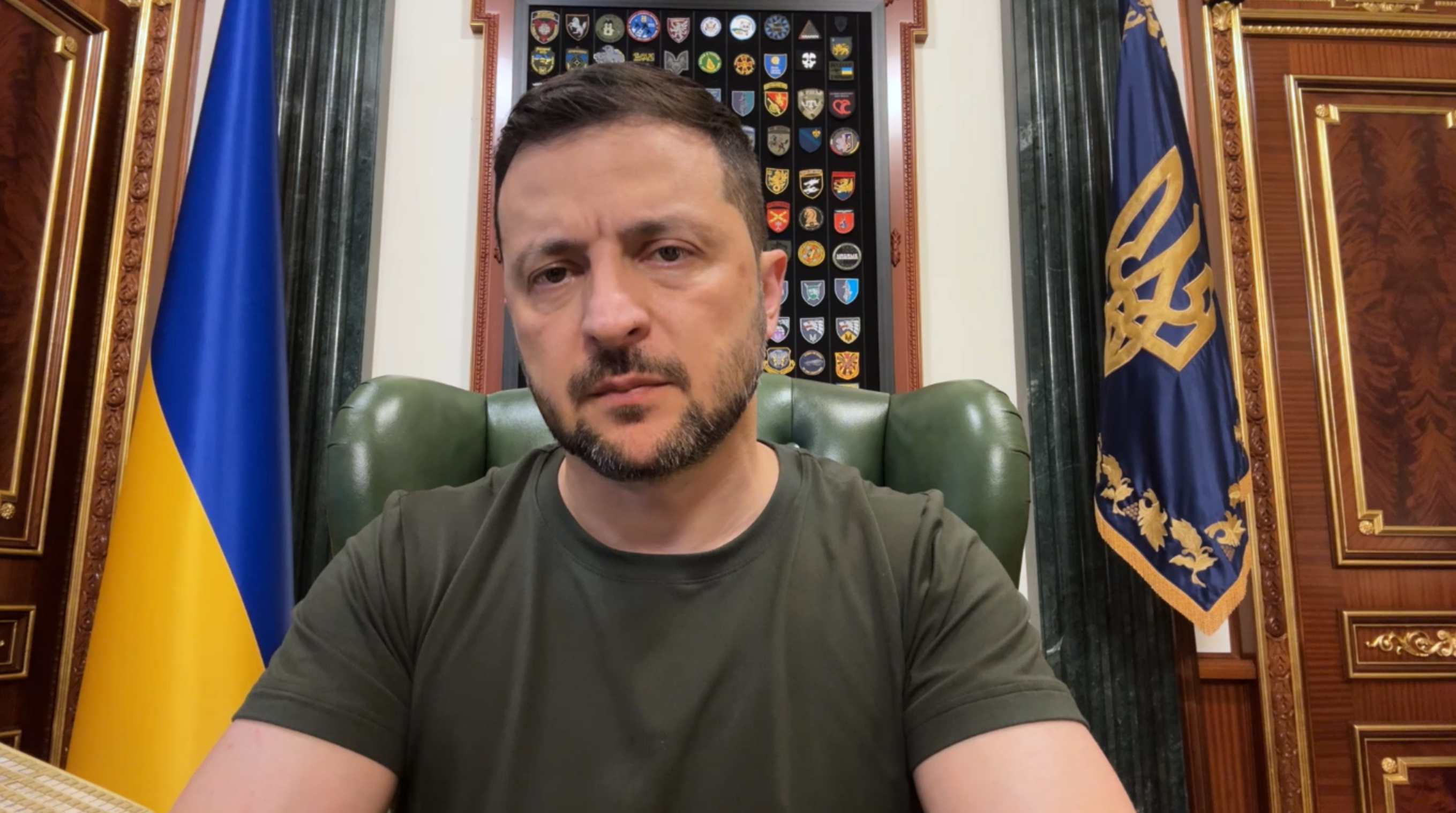
Ukraine offers joint air defense plan after Russian drones test NATO’s limits through Poland
European diplomatic concerns
Multiple European diplomatic sources described reactions ranging from dismay to confusion. A senior German official told Reuters that while the US participated in drone discussions with NATO allies, America appeared “hesitant” and the drone attack revealed significant gaps in NATO’s preparedness.
The official stated: “With this US administration, we can’t rely on anything. But we have to pretend that we could.”
An Eastern European diplomat characterized Washington’s response as problematic, telling Reuters:
“No one in NATO has been particularly reassured by the US at this point. Washington’s silence has been almost deafening.”
An Italian official indicated that alliance members formed a mostly negative impression of the US response while avoiding open criticism.
Contrast with previous crisis management
The response differed markedly from previous US handling of threats against NATO allies. When reports suggested a Russian missile struck a Polish village in November 2022, then-President Joe Biden quickly convened emergency meetings with world leaders and shifted into crisis management mode. That incident was later determined to involve a misfired Ukrainian air defense missile.
Ivo Daalder, US ambassador to NATO from 2009 to 2013 and now a senior fellow at Harvard’s Belfer Center, told Reuters:
“This episode underscores that Trump, in contrast to every president since Roosevelt, does not see Europe’s security is fundamental to American security.”
Trump’s pattern of sanctions threats
Trump has repeatedly set deadlines for Moscow to agree ceasefires with Ukraine or face new sanctions, only to withdraw from these positions.
He told Fox News Friday that his patience with Putin was “running out fast,” though he stopped short of threatening new sanctions over the Russo-Ukrainian war.
Instead, Trump welcomed Putin at a peace summit in Alaska in mid-August but failed to secure major concessions.
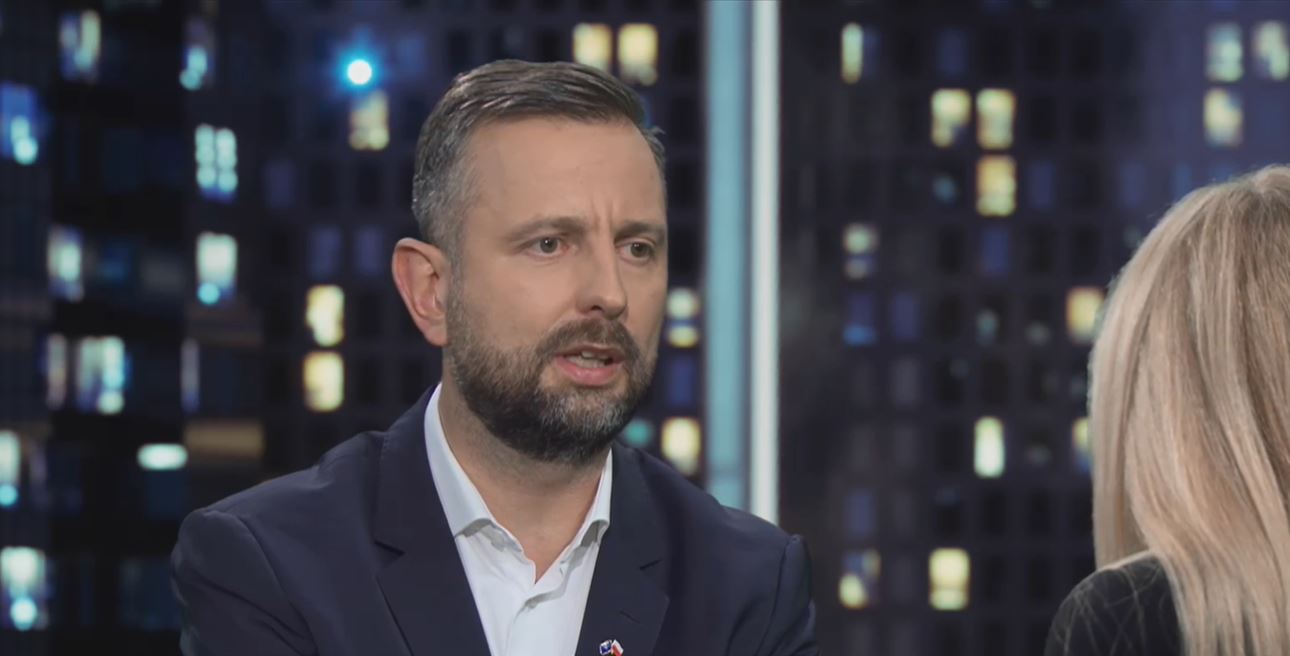
Sweden delivers air defense systems and fighter jets to Poland after Russian drones breach NATO airspace
Official NATO response
NATO Secretary-General Mark Rutte announced plans to strengthen the alliance’s eastern flank defense, stating that Trump had made “absolutely clear that we all stand together on this.”
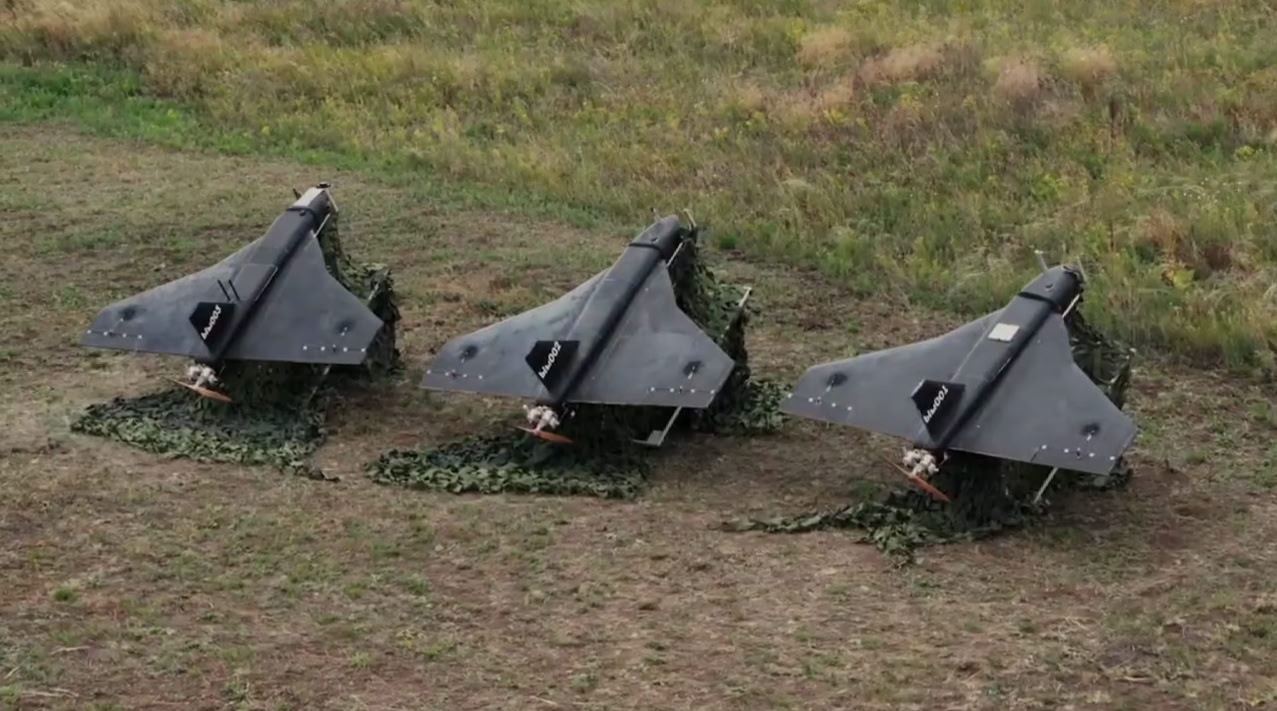
Zelenskyy warns no one is safe in Europe, as Poland invokes NATO’s Article 4 after Russian UAVs breach airspace
US military role in the attack
US warplanes played no role in shooting down the drones that violated Polish airspace, which US officials attributed to Dutch military responsibility for Polish air space under NATO’s air policing mission at the time.
A White House official told Reuters that the president “wants this war, which was brought on by Joe Biden’s incompetence, to end as quickly as possible” and that Russia and Ukraine should halt the conflict while Europe should “do its part by putting economic pressure on countries that finance the war.”